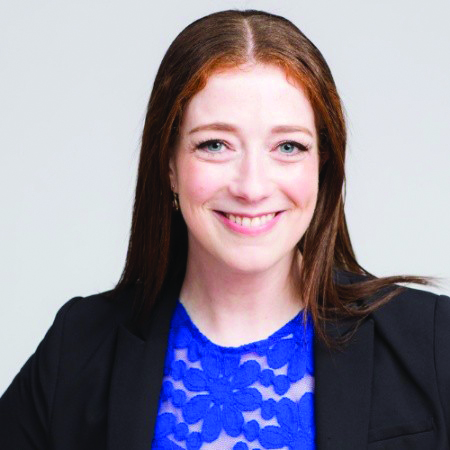

Eric Sadvari can think of no family law document more underrated than a financial statement.
“It’s the backbone of most family law cases,” says Sadvari, a senior associate at Toronto firm Kenet Family Law. “But many practitioners treat it as more of a fill-in-the-blanks exercise than a vital piece of advocacy.”
Properly utilized, the financial statement can even enhance a lawyer’s relationship with their client, according to Annie Kenet, the firm’s founder.
“Financial statements inform every part of my client interaction,” she says. “From understanding my client’s financial needs to determining what type of settlement they can live with, the statement enables me to speak to my client about the practical realities of their current and future financial viability.”
“As an example, I believe that most lawyers see the ‘expenses’ portion of the financial statement as a nuisance that doesn’t really matter. By contrast, I see it as one of the most useful portions of a financial statement. It provides a plethora of information including what settlement my client can (literally) afford to live with,” Kenet adds.
As co-chairs of the Financial Statements for Family Lawyers Boot Camp, an intensive program developed by OsgoodePD, Kenet and Sadvari aim to transform the way family lawyers think about this critical family law document which family law litigants must complete pursuant to the Family Law Rules.
It comes as no surprise to Sadvari that so many newly qualified family lawyers feel ill-equipped to deal with financial statements.
“I never took any tax, bankruptcy or estate classes, because I didn’t think I was going to be spending a lot of time on those issues. But in our family law system, a great deal of it is about finances and each of those areas is often touched” he says. “Parenting issues come with their own complexities, but broadly speaking, whatever is in the best interests of the children is going to determine the outcome.”
By contrast, financial issues can quickly become convoluted and can take on a life of their own. Something as simple as determining a person’s income can become a contentious issue if the person is self-employed or has a number of income sources. Then, that income needs to be properly reflected on a financial statement to ensure full and complete financial disclosure.
Law runs in the blood for Sadvari, who grew up in a household headed by a lawyer and a judge. Still, he had to be convinced to follow his parents’ professional lead, before discovering his true calling during a summer student role at a family law boutique in Toronto.
That was where Sadvari got his own version of a financial statements boot camp, aided by a large booklet the firm had compiled over many years that served as an annotated guide to the document for law clerks and lawyers. But he knows that few early-career family lawyers are so lucky.
“Advocating for your client through a financial statement is certainly not something you’re taught in law school. The family law course I took focused on high-level legal concepts, so unless you have an articling principal or a mentor who can pass on this kind of knowledge at the beginning of your career, you may not know what to do with the financial statement or what a powerful tool it can be,” Sadvari says.
The origins of the Osgoode boot camp can be traced to the recent Osgoode Certificate in Family Law Skills and Practice, where Sadvari and Kenet lead a session focused on these documents, and uncovered a well of untapped demand for more detail among family law practitioners.
“People really appreciated the program, but there wasn’t enough time to cover all of the details, tips and tricks,” Sadvari says. “The boot camp will give us time to tackle the financial statement in depth. By the end of the program, you should be able to expertly complete each section of it.”
The objective of thoroughly covering the entirety of the financial statement, detail by detail, is one of the reasons the duo has opted to really limit the bootcamp’s class size.
“It’s important to us that in addition to us doing our job as teachers, there’s time to answer everyone’s questions,” Kenet explains. “We prefer a smaller, interactive program because it’s important to ensure that participants are absorbing the information as we move along. It’s important people feel like their getting value for their money.”
Osgoode’s intensive program will take place online over two days of interactive sessions from February 27-28, where attendees will hear from a faculty of senior practitioners, chartered business valuators and judges about best practices and potential pitfalls to keep in mind when preparing and presenting financial statements.
“Anyone who wants to be a stronger lawyer on financial issues would benefit from attending,” Kenet adds. “A financial statement is not just a form clients have to fill out. It is the primary tool family lawyer have to articulate our client’s financial position, advocate for their financial entitlements, and negotiate a financial resolution.”
Want to learn more about the Financial Statements for Family Lawyers Boot Camp?

Annie Noa Kenet – Kenet Family Law

Eric Sadvari – Kenet Family Law

